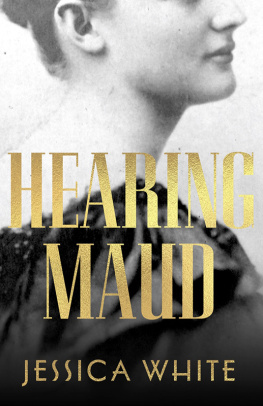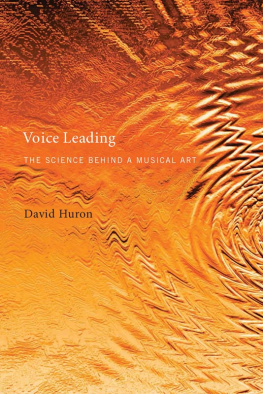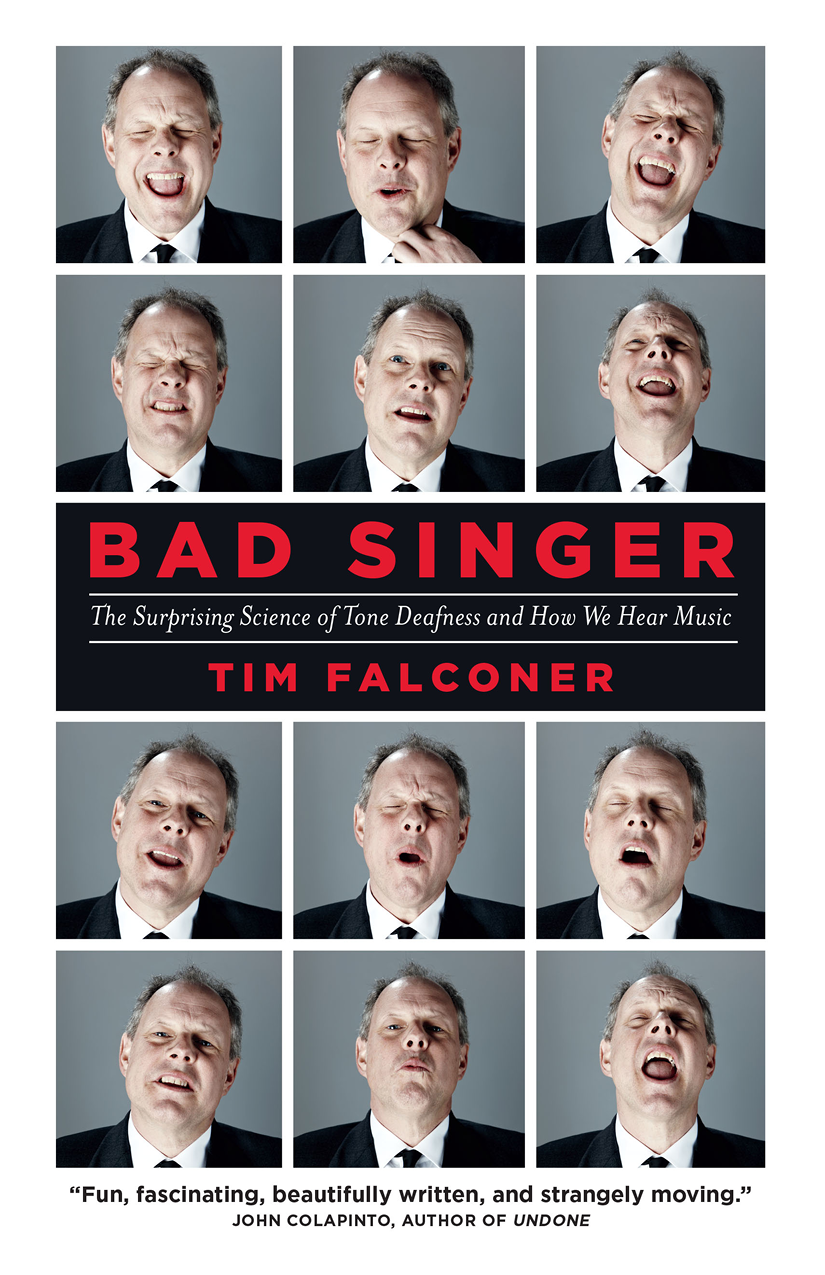Track One
Sweet Dreams
(Are Made of This)
So could you ask him to move or to stop singing?
She was talking about me. Instead of sitting at our desks, we were standing along the side wall facing the middle of the classroom. We were in rows rather than in a clump as the teacher had arranged us, perhaps by height, perhaps by voice, perhaps by some other measure. The other details are even hazier. I dont remember the song or even why we were singing it. Maybe our teacher was trying to create a class choir for a school event. I was keen until the girl standing next to me complained that I was singing off-key and that it was throwing her off. So, Mrs. Lennox, would you please do something about that?
The memory ends abruptly there, as if Id woken up from a bad dream before it was over, so I dont know what happened next. I think Id remember if I felt particularly traumatized or went home in tears, though if I can still hear those words all these decades later, I guess it must have made some impression. But the experience was probably more confusing than anything else since I didnt understand what it meant to sing off-key. And I certainly didnt know how to go about singing on-key. Mostly, though, I was surprised. I was eight or nine and had no idea I was a bad singer. I dont remember singing in class again. Maybe Mrs. Lennox found something else for me to do. Or maybe I just went outside and played with my friends, which would have appealed to me more, anyway.
This is the part of the story where many people telling a similar tale would say, And I never sang again. For a time, I thought that was true for me as well. But the more I mined my memory, the more I realized I was surprisingly slow to give up singing. I was a loudmouth kid, and I dont think I became all that self-conscious about my singing until I was about fifteen and on a ski trip to Vermont with some friends. Sitting around in the hotel, I absent-mindedly started singing Blackbird by The Beatles. One of my friendsand Im sure its significant that she was a shelaughed and said, Oh, Tim hit a note. And then everyone laughed. Thats when I finally realized how bad I truly was.
After that, I never felt comfortable singing in public again. By which I mean singing in front of women or people I didnt know. The all-boys school I attended had mandatory morning prayers, which involved singing dusty old hymns. My buddies and I would scream out the lyrics at the top of our lungs. But that bad singing was an admirable act of rebellion as much as an expression of how much I enjoyed doing it. Today, I happily sing only when no one is around. Alone in the car, Ill belt out tune after tune. When Im within earshot of other people, though, I am a silent crooner: an interior virtuoso, with or without iPod accompaniment, while walking down the street or riding my bike.
But I want to sing out loudnot like an angel, necessarily, but well enough that Im not ashamed. When Im at a friends cottage and everyone brings out guitars around the campfire, I dont want to be the one who mumbles along quietly. And when the guys I play hockey with on Friday afternoons have a jam party with guitars and banjos, keyboards, drums, flutes, and harmonicas, I long to step up to the mic and croon away. I want to be the lead singer.
Im a bad singer. And deep down, it matters. Ive lived with the indignity and the frustration and the missed joy and assumed there was nothing I could do about it. But singing is something we should all be able to do, even if we do it badly. It is the most common form of music across all cultures, and traditionally, whenever people gathered they would sing. The voice is that rare instrument that we always have with us, so its easy to create music whenever and wherever we want. And compared with our bare hands and feetwhich make for serviceable percussion instrumentsthe voice is so much more versatile. We can sing a stirring aria, an angry punk song, or a tender lullaby.
Still, so many of us prefer to be silent. Our lack of confidence is understandable since we are at our most vulnerable when we sing. A poor guitarist still has the instrument as a shield; a singer has nothing to hide behind.















